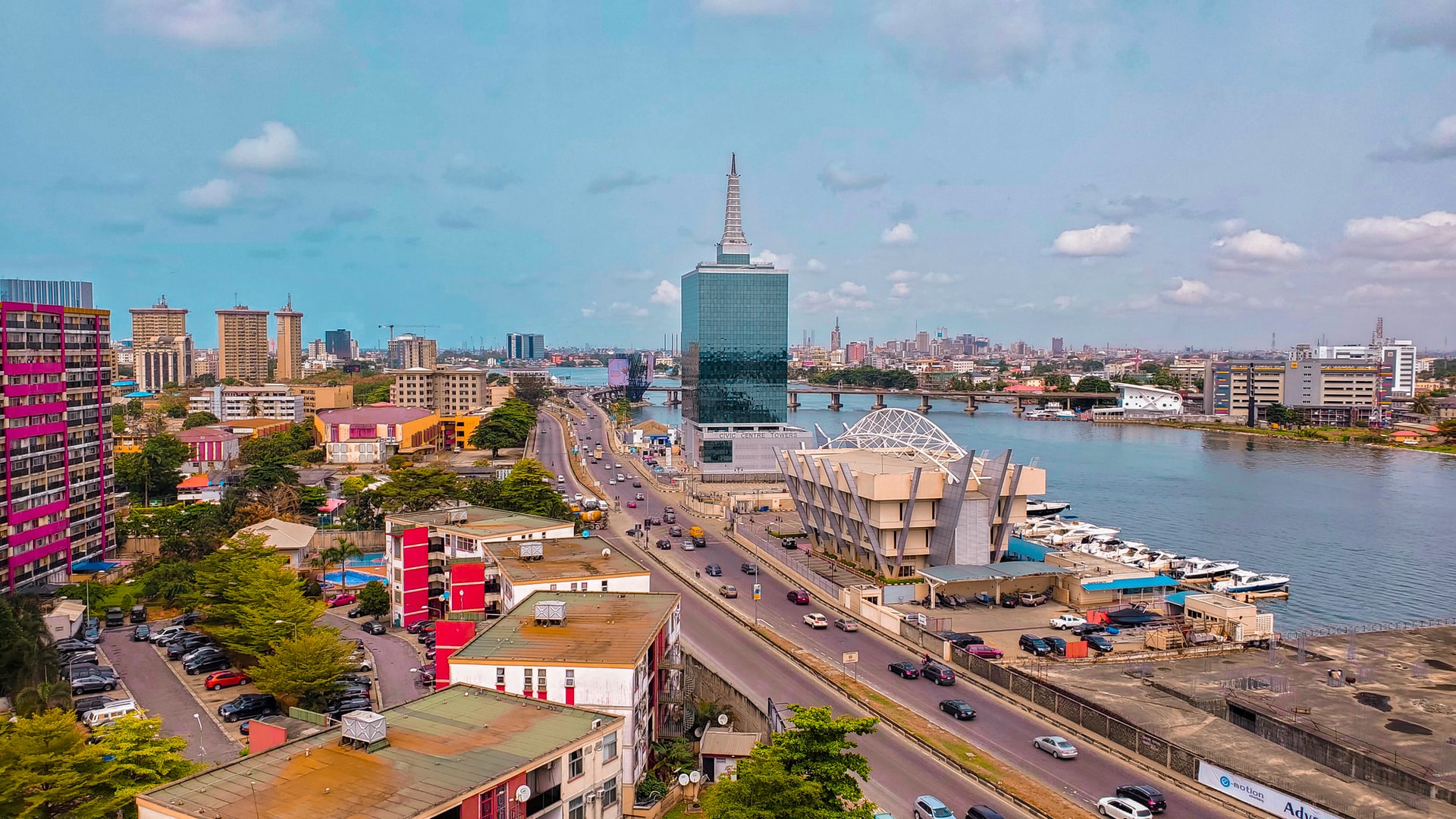Africa: Accelerating into the Future
Africa is one of the hardest hit by COVID-19. Yet the region’s GDP looks to recover in 2021, after shrinking by 2.1% in 2020. The impacts of the pandemic were relatively less than earlier predicted –economic losses and deaths per million from COVID-19 was lesser than other regions of the world.
The continent is home to 58 countries with an overall population of 1.387 billion, comprising about 16.72% of the world’s population as of 22 December 2021. The region is also home to the world’s youngest population – with the median age being 19.7 years.
The region is forecasted to be home for one-fifth (20.6%) of the global population by 2030. A large nation of people that will need the right to proper education, food, healthcare, and security. And US stands to play a vital role in this.
Horasis strongly believes in this, which is why this is one of the topics in our upcoming virtual Horasis USA Meeting, scheduled for 4 March 2022.
This event will bring diverse views and opinions of leaders from business, governments, academia, and the media on emerging themes and find ways to devise actionable solutions to ensure shared prosperity.
Africa is Important
Africa is poised to become the world’s engine of growth. As per IMF estimates, Africa is projected to register a real GDP growth of nearly 5% by 2022. This is much better than other developed regions such as North America and Europe.
Between 1950 to 2020, Africa’s percentage of working age population grew by 496%, way higher than Asia (275%), North America (115%), and Europe (34%). The sub-region of “sub-Saharan Africa will soon be the only place with birth rates at replacement level or higher.”
And certain countries within the region are also making the right kind of noises. Ethiopia’s Prime Minister Abiy Ahmed Ali ended a border conflict with neighboring Eritrea in 2018, earning him the Nobel Prize for Peace in 2019.
Africa is also an important investment destination for leading US industries and Fortune 500 companies. It contributes to jobs and trade between both the US and Africa. ExxonMobil has diversified investments in Nigeria and Angola, including a stake in Mozambique’s massive liquefied natural gas (LNG) project. The region also made up 20% of sales for Coca-Cola in 2018.
The impacts of climate change pose an increasing threat on the region. The consequences of rising temperatures and sea levels and extreme events will be diabolical on the food, health, and economic security of the region.
As such, the region stands to play a vital role in combating climate change. The region is blessed with an abundance of solar, wind, and geothermal resources, giving it a comparative advantage in renewables. This coupled with the falling costs of green technologies, enables the region to embark on the new energy revolution.
Strategic Economic Reforms are Needed
Positive economic reforms are needed in Africa to enable the next growth trajectory. Strategic economic reforms allow easy access for foreign companies to setup their businesses in Africa. These investments allow for high income growth and higher employment ratio among the population.
These in turn also attract other supportive industries such as education and service industries to setup shops within the region. Building key strategic skills among the workforce is critical as these will be in high demand to cater to the changing needs of the sectors.
But Africa cannot achieve this alone. Strategic partnerships are key. Partnership between USAID and the Government of Kenya yielded positive results for the country:
- Enabled nearly 30,000 small and medium Kenyan agri-businesses access credit.
- The time and cost of doing business was reduced, along with reduction in cross-border transport wait times from 6 days to 6 hours.
- Over 1 million Kenyans received access to electricity.
- The US emerged as the second-largest export market for Kenya, enabling the Kenyan private sector to export over US$600 million through the African Growth and Opportunity Act.
- Private sector investments over US$180 million enabled improved access to water and food security.
Increased Focus on Digitalization
As the region looks to recover and grow in the shadows of the pandemic, it cannot overlook the evident benefits of technology and digitalization. Its rise has already improved and is rapidly transforming millions of lives in the continent.
It has provided greater access to finance, education, and healthcare. The benefits technology bestows are endless. As such, the region’s policymakers will need to initiate favorable policies that allow the growth of increased private sector participation; increased technical knowledge-sharing; and open reforms in their financial framework to allow for innovation and growth to germinate.
These actions will form the driving force for transforming the continent into a global economic powerhouse.
Photo Caption: An aerial view of Civic Towers, Lekki, Lagos Nigeria.



